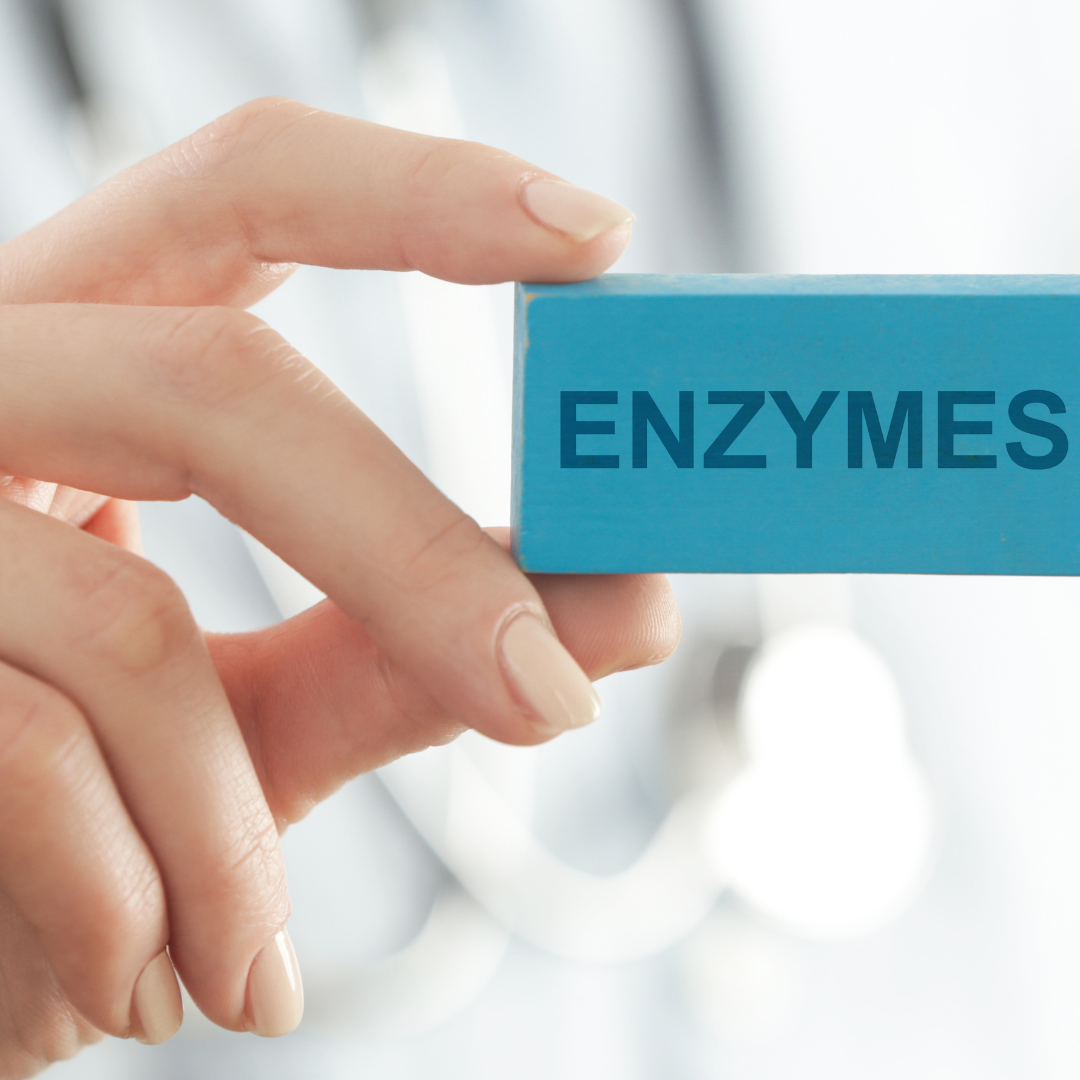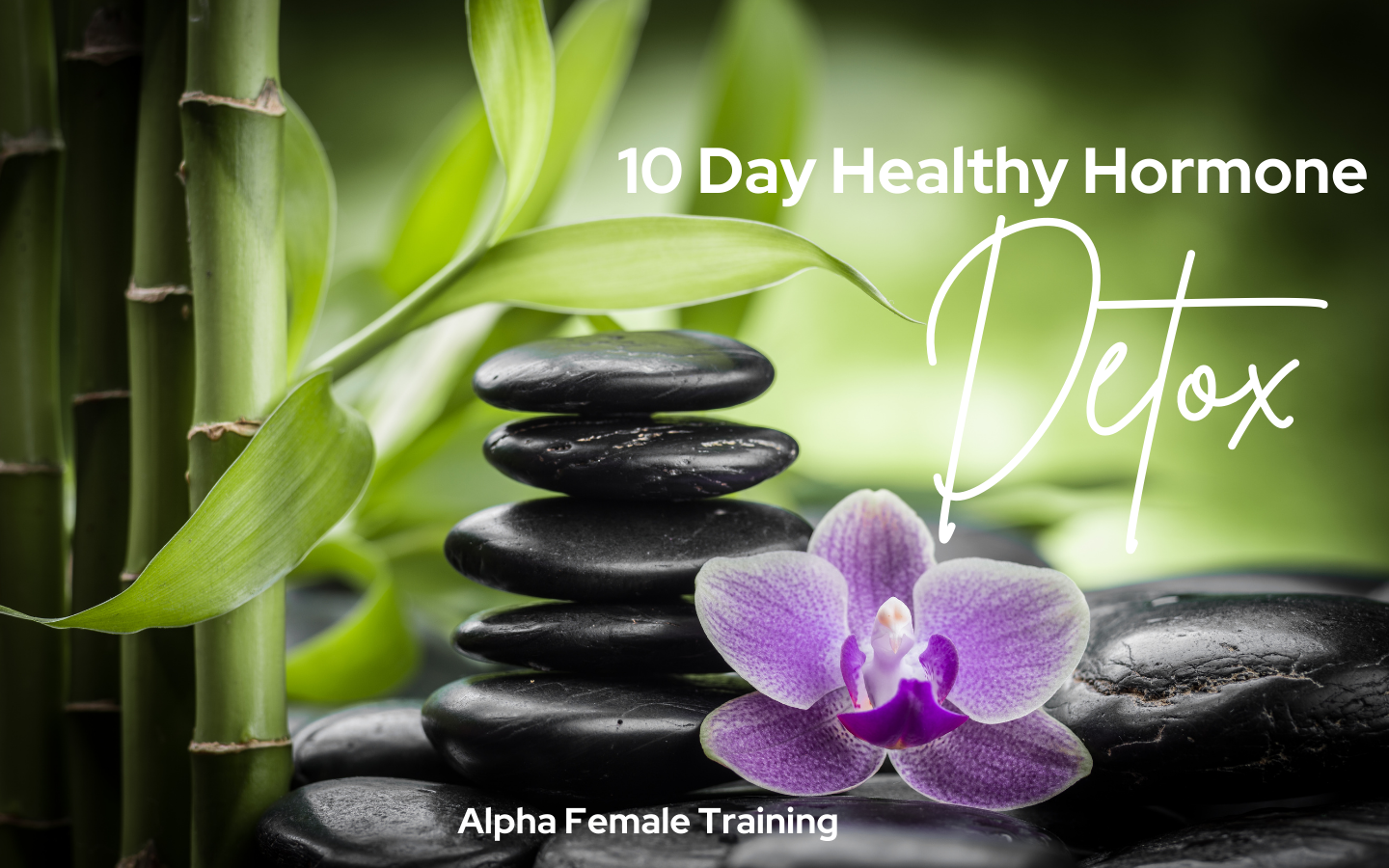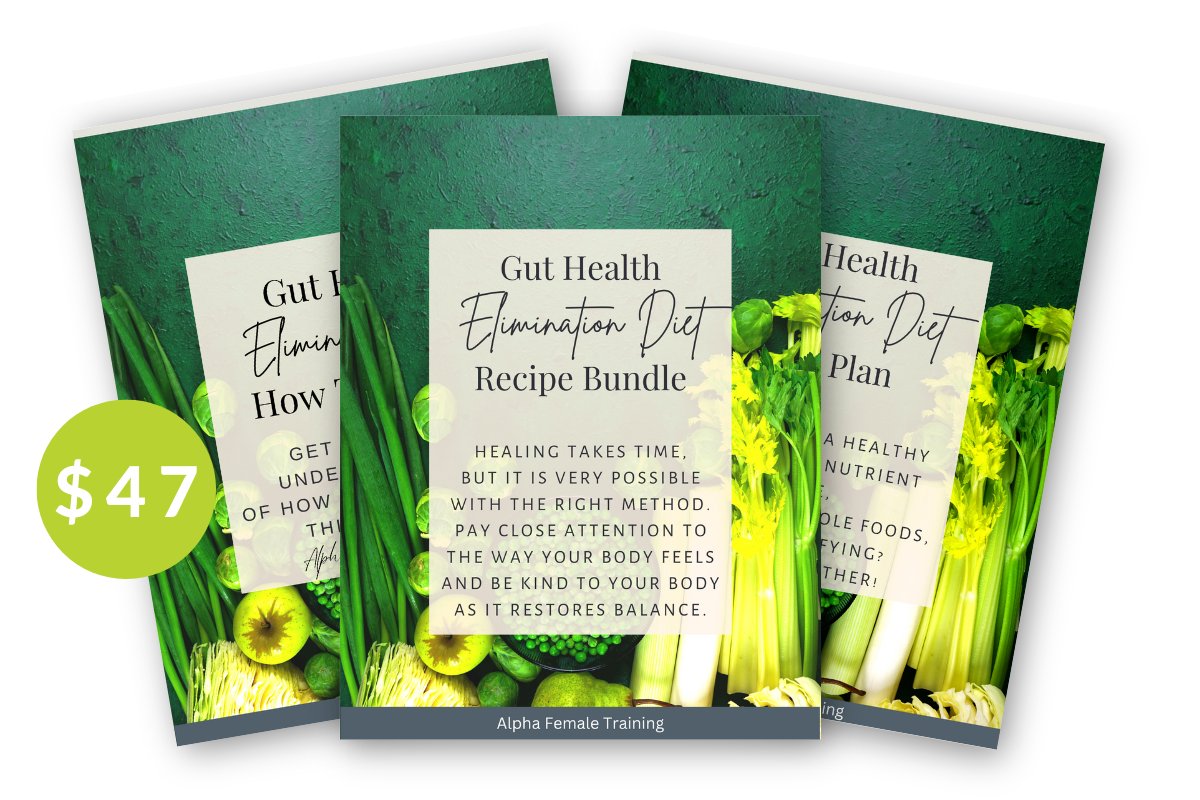How to Heal Leaky Gut
Ladies over 40, a healthy and content gut can lay the groundwork for a healthy and content you. However, with the overwhelming amount of information available on what to consume and what to avoid, it's easy to feel lost if you're searching online how to heal leaky gut..
Feeling unsure?
No worries, I've compiled the best information for you to create a complete list of what to avoid, what to consume, and what to do to maintain your happiest and healthiest gut.
While some of these may seem familiar, others may surprise you.
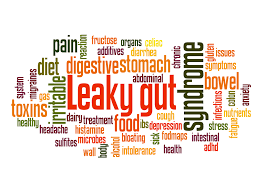
What to
do About a Leaky Gut
Increased intestinal permeability, also known as leaky gut, occurs when the cells lining our gut become separated, allowing certain substances to enter our bodies while keeping others out.
Tight junctions between intestinal cells weaken, causing the gut to become more permeable than usual, leading to the entry of large molecules like toxins, bacteria, and waste into our bloodstream, triggering an immune response that causes inflammation.
Leaky gut is linked to a variety of health issues such as food allergies, food sensitivities, bloating, gas, digestion issues, acne, autoimmune disorders, joint pain, and neurological problems.
Lifestyle habits, such as excessive consumption of sugar or alcohol and lack of fiber, can contribute to leaky gut, as can certain compounds in foods like gluten, lectins, casein, and fructose, as well as food additives like MSG.
In order to heal leaky gut and to achieve optimal gut health, it's essential to know what to eat and what to avoid.
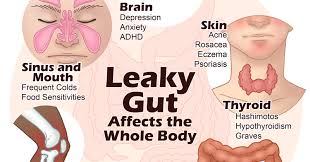
How do you know if you have a leaky gut?
If your intestinal wall has been compromised, and you have leaky gut, you'll likely experience these symptoms and signs: Digestive issues such as gas, bloating, diarrhea, or irritable bowel syndrome (IBS) Food allergies or food intolerances. Brain fog, difficulty concentrating, ADD, or ADHD.

How to heal a leaky gut by removing offenders
There are certain foods that irritate the gut or can cause those loosened junctions to get even looser. (think of velcro pulling apart)
Some of these include:
● Foods that you're allergic to
● Foods with added sugar
● Foods containing MSG
● Foods with sugar alcohols (e.g., sorbitol)
● Gluten-containing grains (e.g., wheat, rye)
● High-lectin foods (e.g., grains, legumes)
● Nightshades (e.g., eggplant, peppers, tomato)
● Dairy (which contains casein & lactose)
● Excessive alcohol
It's a good idea to reduce these foods and if leaky gut is a confirmed issue for you, avoid them until the leaky gut has been addressed.
Consider trying an elimination diet if you are unsure what foods you are now reacting to.
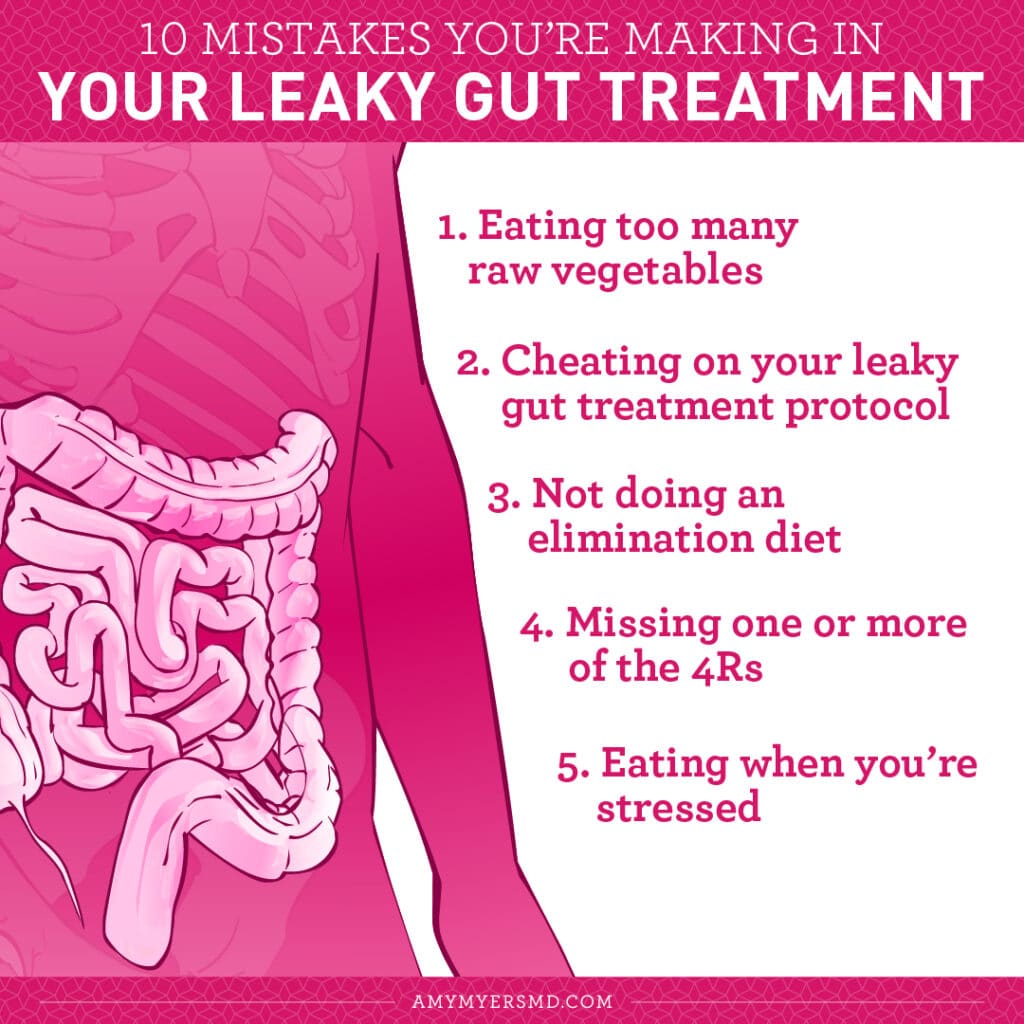
How to heal leaky gut through your nutrition :)
There are also a bunch of foods that support gut health, including the intestinal cells themselves, as well as our friendly gut microbes. Many of these also reduce inflammation.
Things like:
● Probiotic-rich fermented foods (e.g., sauerkraut, kimchi)
● Prebiotic fibre-rich foods which help our gut microbes produce butyrate (e.g., leafy greens, vegetables, fruit, nuts, seeds)
● Glutamine-rich foods (e.g., bone broth, meat)
● Zinc-rich foods (e.g., shellfish, organ meats, and pumpkin seeds)
● Quercetin-rich foods (e.g., citrus, apples, onions)
● Curcumin-rich turmeric
● Indole-rich foods (e.g., broccoli, cauliflower, cabbage, mustard greens)
These are all nutritious foods that can help with gut health and overall health.
It’s not just what you eat that can affect your gut. Other lifestyle habits can help too.
Try:
● Eating slower and chewing better to help break down food better
● Eating when hungry, and stopping when satisfied
● Going to the bathroom when you need to (don't hold it for longer than necessary)
● Getting more high-quality sleep
● Better stress management
All of these are great healthy habits to get into, gut problems or not .
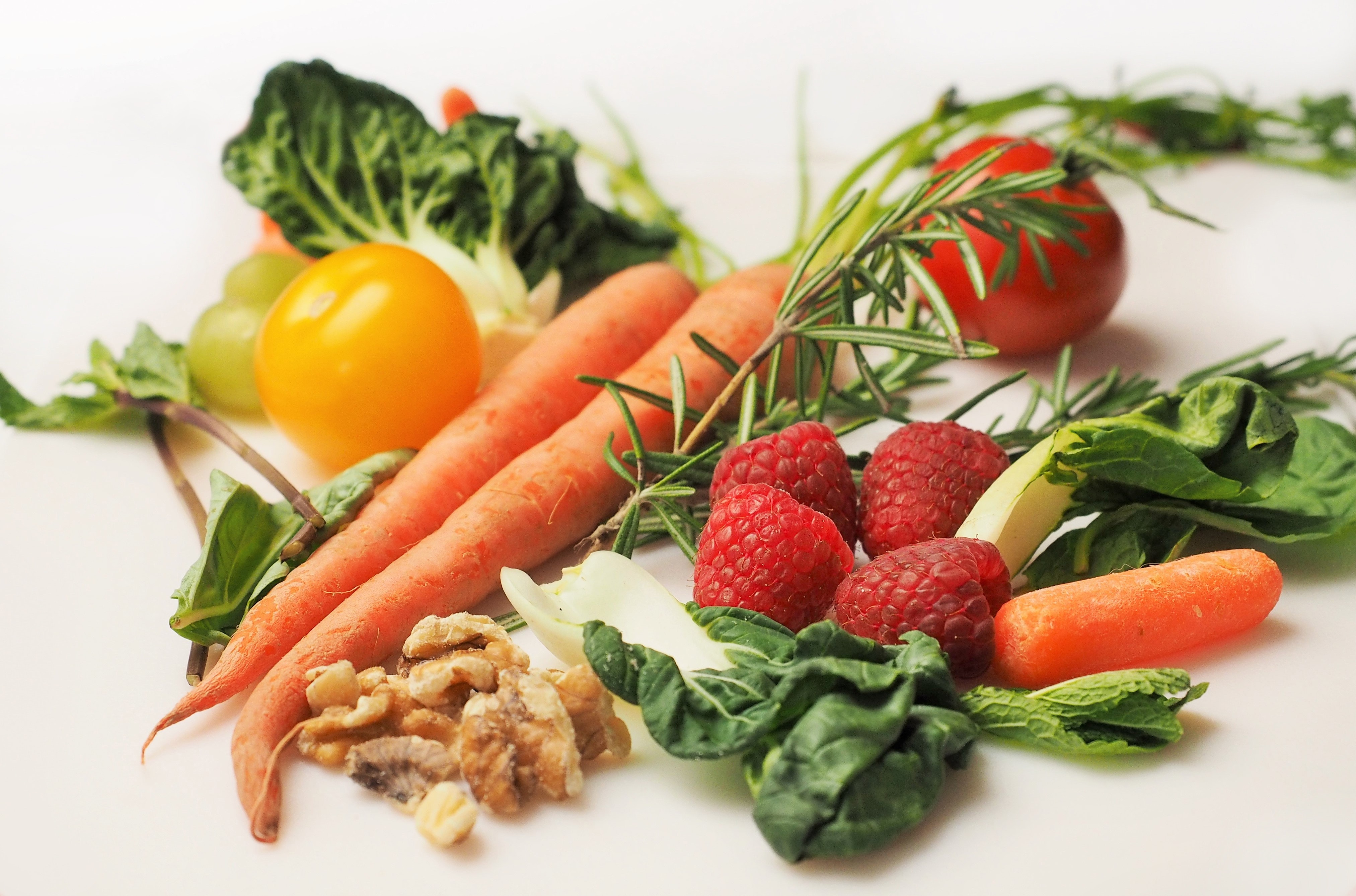
Taking self-care steps that promote overall digestive health may be the best way to protect yourself and learn how to heal leaky gut.
- Increase your intake of high-fiber foods. ...
- Reduce your intake of refined carbohydrates. ...
- Reduce your use of NSAIDs. ...
- Take probiotic supplements. ...
- Reduce your stress levels. ...
- Reduce your alcohol intake.
To help keep our guts (and our bodies) in optimal condition, there are a lot of foods we should eat (and lots we should reduce).
Sticking with nutrient-dense unprocessed foods is always a good plan, whether you have gut issues, other concerns, or feel completely healthy.
And, don’t forget the importance of a healthy lifestyle like good eating habits, sleep, and stress management.
To combat leaky gut, eat foods that promote the growth of healthy gut bacteria, including fruits, cultured dairy products, healthy fats, lean meats, and fibrous and fermented vegetables. Avoid processed and refined junk foods.
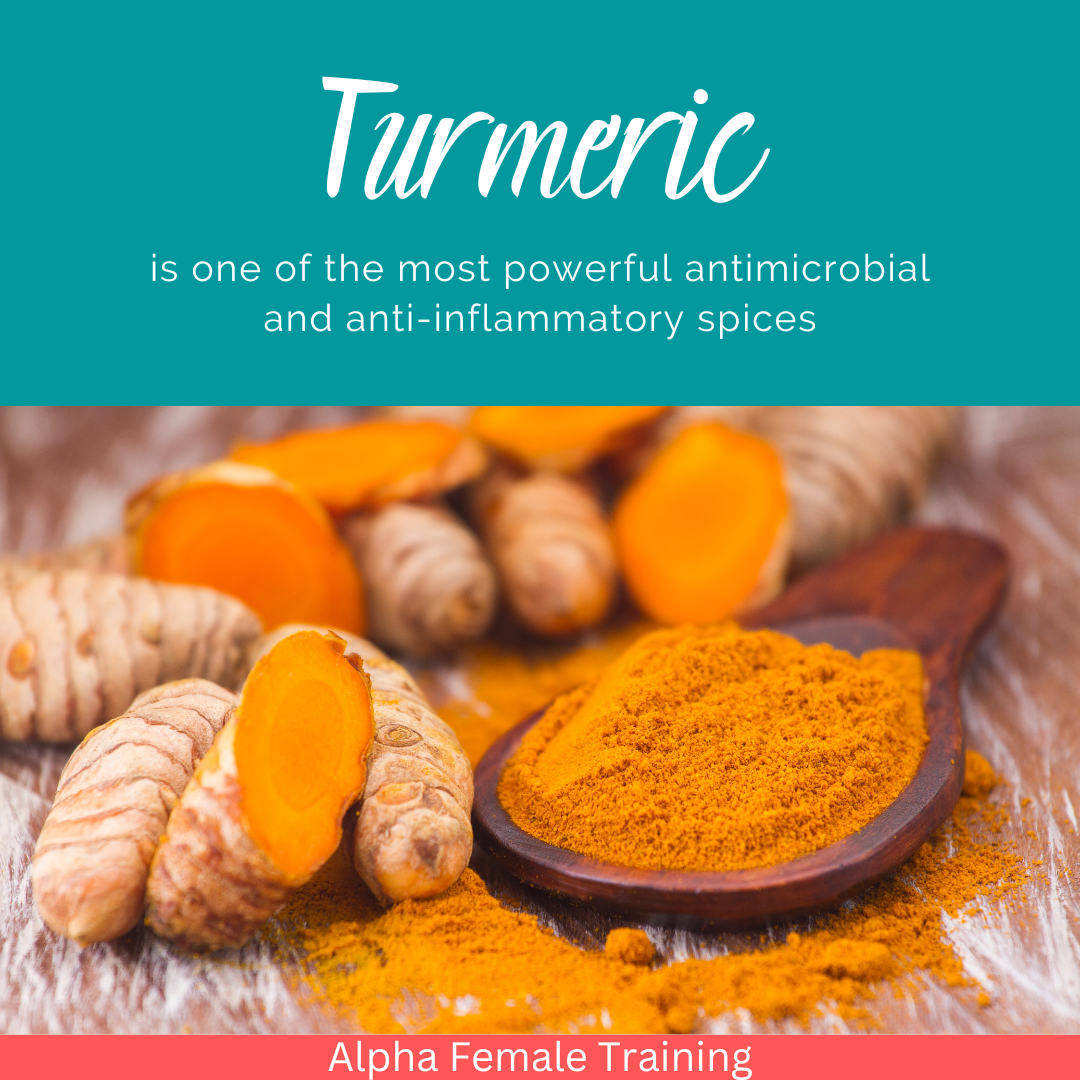
Recipe (Gut
supporting): Braised Greens with Turmeric
Serves 4
2 bunches leafy greens (kale, chard, collards), washed and chopped
2 tbsp olive oil
Juice of 1 lemon
½ tsp turmeric
2 dashes salt and pepper
Instructions
Heat the olive oil in a large skillet over medium heat.
Add the greens and a splash of water.
Sauté until the greens start to wilt.
Remove from heat and sprinkle with lemon juice, turmeric, salt and pepper.
Serve & enjoy!
Tip: Serve this as a side dish (hot or cold), or add to soup.
https://www.health.harvard.edu/blog/leaky-gut-what-is-it-and-what-does-it-mean-for-you-2017092212451

